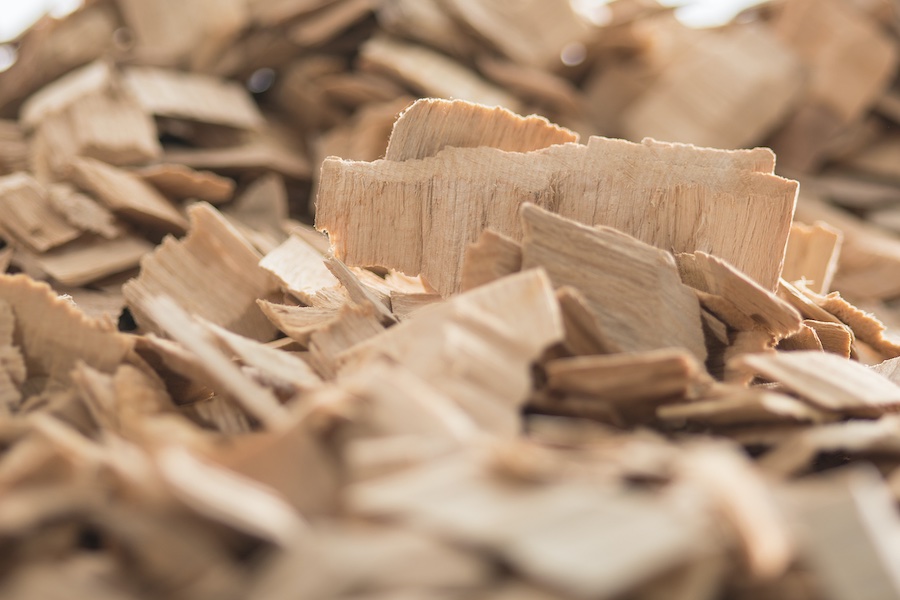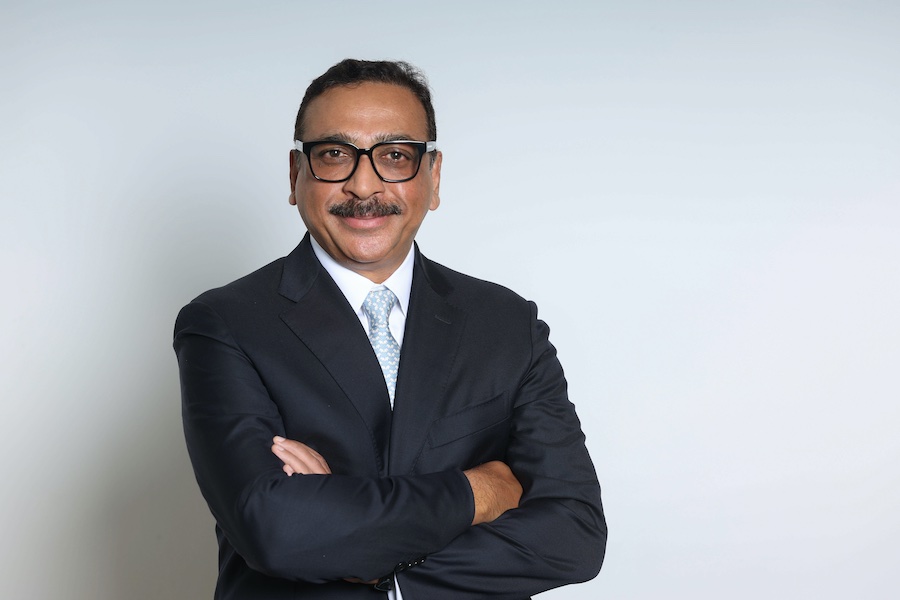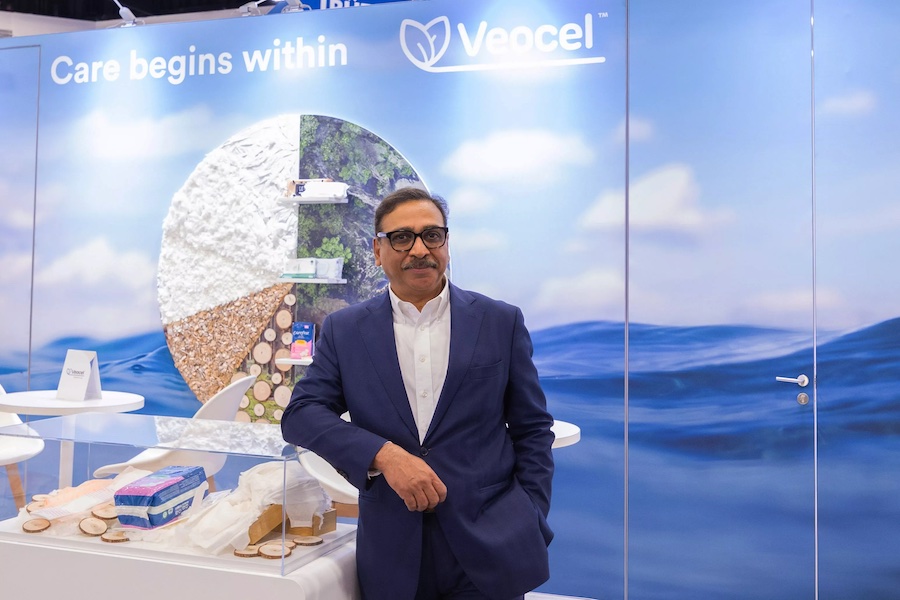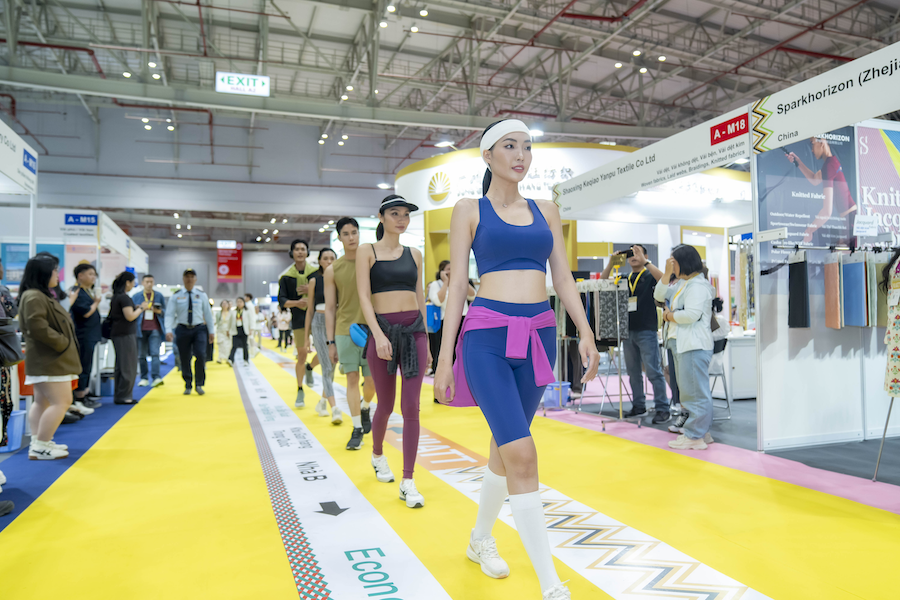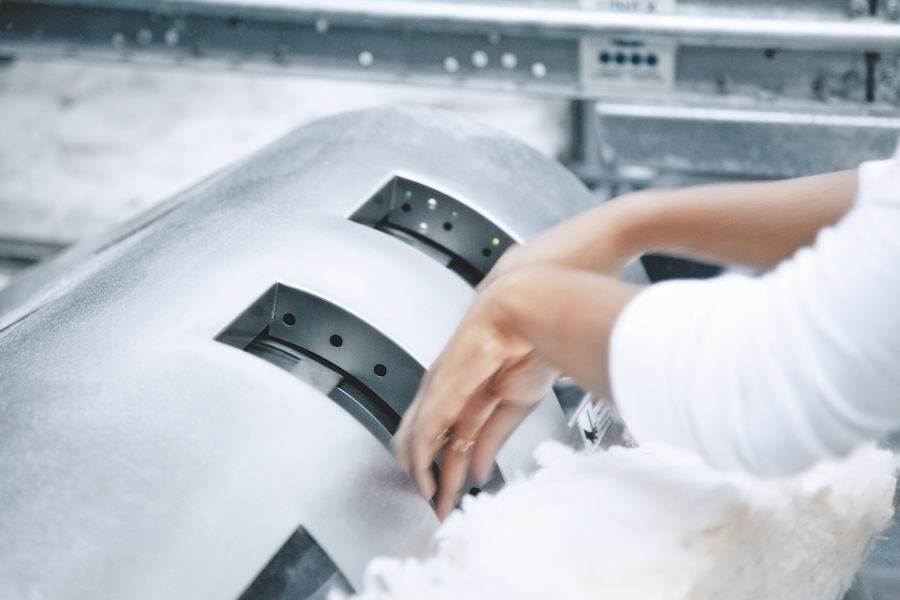#Techtextil 2019
Lenzing Innovation at Techtextil 2019: LENZING™ Lyocell fibers – plastic free for aquatic farming
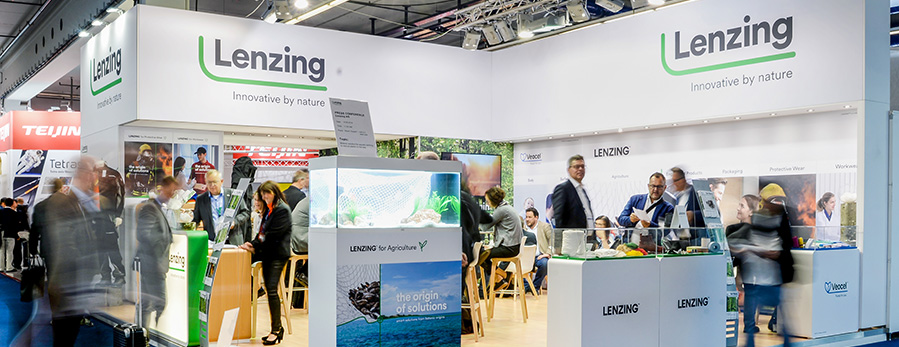
Plastic a serious problem for our marine environment
Annually, about 8 million metric tons of plastics end up in the ocean, resulting in an estimated 165 million tons of plastic debris, currently floating in the marine environment, threatening the health and safety of marine life. The loss of conventionally used synthetic fibers and plastics in the ocean accounts for 80 % of all marine pollution.1 This is not only dangerous for marine life but also for humans as we consume some of these micro plastics through our food. “The development of 100% wood based mussel nets with LENZING™ Lyocell fibers contribute to the reduction of the annual plastic quantity in marine environment”, says Marine Crnoja-Cosic, Head of Application Development New Business Areas.
LENZING™ Lyocell innovation for the marine industry
The Lenzing Group initiated a project in collaboration with two major partners, Sächsisches Textilforschungsinstitut e.V. (STFI) and FIUM GmbH & Co. KG – Institut für Fisch & Umwelt (FIUM) in order to develop a sustainable solution for the marine industry, which does not compromise mechanical performance. There are many different methods of using textile structures as a support for the growth of marine organisms. The important feature of the present invention is that the textile structure is made of wood-based cellulosic fibers. This gives the advantage that any of the textile structure which is released into the environment due to accident, storm damage, negligence or any other cause will degrade in a reasonable time and not leave non- degradable residues.
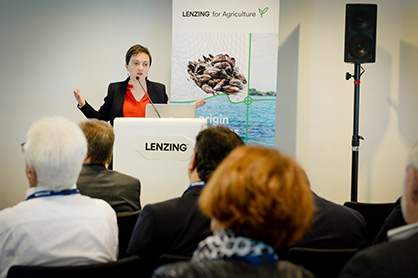
Up to now, nylon and polypropylene are most commonly used for rope and net materials. Although these materials are durable and have a sufficient strength, they do not have a natural origin and are not marine biodegradable. They stay in the oceans for years. Nets and ropes consisting out of LENZING™ Lyocell fibers proved that they have sufficient strength to carry the weight of the growing cultures without breakage and have the big advantage of biodegradability in the oceans.
Proved by tests
The cooperation partner Sa?chsisches Textilforschungsinstitut e.V. constructed different prototypes and replicates out of LENZING™Lyocell fibers in March 2018. Thereafter, an initial underwater material test was started in the Baltic Sea. The prototypes were installed in 6 to 10 meters depth at an artificial reef platform in Rostock Nienhagen. The objective of the trial was to proof that marine applications produced out of LENZING™ Lyocell fibers can fulfill the key properties of conventional marine supports, which are sufficient strength to carry the weights of the growing cultures without breakage. Moreover, the trial should investigate if LENZING™ Lyocell fibers represent a pleasant environment for particular marine organisms and also proof the marine biodegradability after usage.
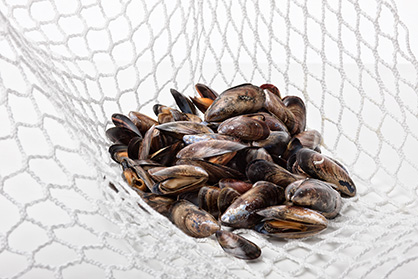
After four organized dives by our project partner FIUM, first test results were available. All LENZING™ Lyocell fibers represent an appealing growing material for marine organisms. Overall 14 different sea dwellers like blue mussels, crustaceans, echinoderms or snails adhered on the test material. First test results regarding performance and biodegradability were promising.2
Compostability and biodegradeability are key
Sustainability advantages in aquatic farming are particularly evident, given the fact that the material is being used directly in the oceanic eco system. LENZING™ Lyocell Standard fibers are certified as compostable and biodegradable under industrial, home, soil and also under marine conditions. If pieces of the nets break off, they will harmlessly decompose and have no influence on marine organisms. In order to close the sustainability loop, the nets can be composted after harvesting and processing.
Further developments
“This development brings sustainable solutions to aquatic farming encouraging Lenzing to assess and establish further steps towards commercialization, together with innovative value chain partners”, says Crnoja- Cosic. “Furthermore, future development will focus on optimizing the nets construction for more durable products broadening the scope of 100% Lyocell based marine nets in marine environment,” concludes Crnoja- Cosic. “.



